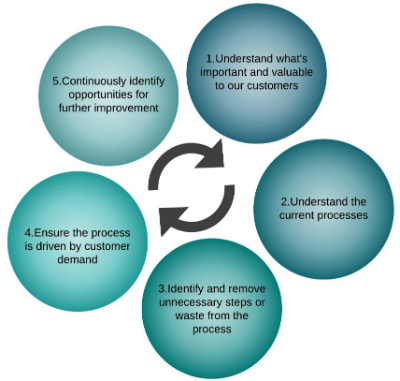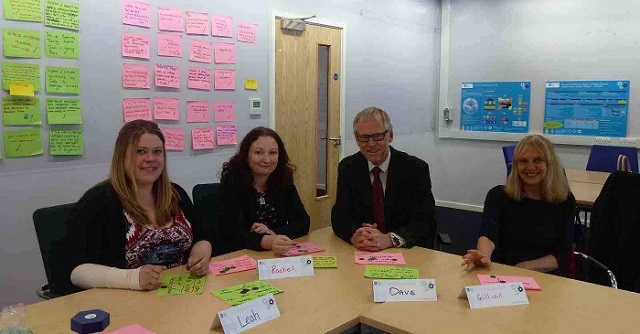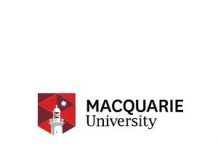The Process Improvement Unit at the University of Sheffield was established in June 2012 to help the university improve its business processes. Rachel McAssey describes one of the unit’s big success, which is having a real impact on the student experience – and winning awards.
In July 2013, the Process Improvement Unit had a window of opportunity to work with the Student Counselling Service to improve both wait times and the referral of services process. This process is significant in supporting our students at the university and has an impact on student retention figures.
The challenge and what we did
The counselling service approached us to help reduce their waiting lists, ensure clear referral to the range of services they offer, and use their space in the most efficient way. We held a four day rapid improvement event with staff from all parts of the service. At the end of the event, the team identified a new process whereby students would have a simple online registration and be offered an half an hour triage appointment within ten working days.
The team also identified improvements to the waiting room which was converted into a self-service area for students, and a further improvement to hold informal sessions to support students using the self-help resources. Perhaps, the main achievement is that they are now operating without a waiting list, removing a huge administrative burden from the service and offering a vastly improved service to students.
The team worked incredibly hard to get things in place for the start of semester. The achievements in 2014 were:
- 19% more students were seen compared to the equivalent period in 2012-13
- A 53% reduction in no shows because students now have better ownership of the process
- keeping to the ten day promise – and often offering appointments within five days.
- greater clinical autonomy for counsellors to manage their own caseload has also benefitted students.
Further improvements
In 2015, the Counselling Service staff have continued to monitor their processes and identify continuous improvements. We have continued to support the Counselling Service to identify and implement further improvements such as visual controls for caseload management.
Key achievements include:
- Patient capacity increased by an impressive 45%, within the same level of resourcing.
- Reduced wait for a first appointment from an average of 11 to six days.
- Decreases both in client cancellations and no-shows, improving service efficiency.
The second year of implementation ended by celebrating the award of a prestigious quality mark based on independent audit by the Royal College of Psychiatrists and the British Psychological Society. We are the first UK university to gain this award and are one of only seven accredited services nationally.
Process improvement – why it’s important
We’re here to help the university run the most efficient processes it can, so that more of its resources can be spent on learning, teaching and research. We were created as a response to external pressure for greater efficiencies in universities, including the Diamond Report, and in response to other institutions demonstrating success with lean methodology.
Staff and students at The University of Sheffield want to spend more time on value adding activities and ensuring that we do things as effectively and efficiently as possible, so that we can continue to grow our services. There is an understanding that increasing student numbers, greater regulation and financial pressures mean that we must operate with less waste,
What we do
We facilitate lean projects across all major areas of the university supporting improvements that affect our staff and students. We also deliver training internally and externally to university staff, which has further embedded methodology and practice. We are working with our steering group that comprises members of senior university staff and others to develop a culture of process awareness and continuous improvement in the University.
We make processes more efficient by improving flow – for example reducing batching, reducing number of handovers in a process, error proofing, reducing variability, eliminating waste and helping people to do things right first time.
Lean principles

In practical terms this means that we try to create a process which:
- does not batch work up to deal with it all at once, but which smooths out the peaks and troughs;
- does not rely on the supplier pushing the work through the system, but allows its customer to pull the work;
- treats with respect everyone involved in the process and its improvement;
Other examples of our work
To date we have delivered 17 projects, which have included improving the student change of status process – where a student can choose to change course, take a period of leave of absence etc; streamlining the maternity leave notification process (improvements have also been mirrored with the adoption; paternity and surrogacy processes); and improved payment processes for casual workers.
To find out more take a look at our case studies or see what we are currently working on.
- Go to our website
- Follow our blog
- Follow us on Twitter @SheffieldUlean








